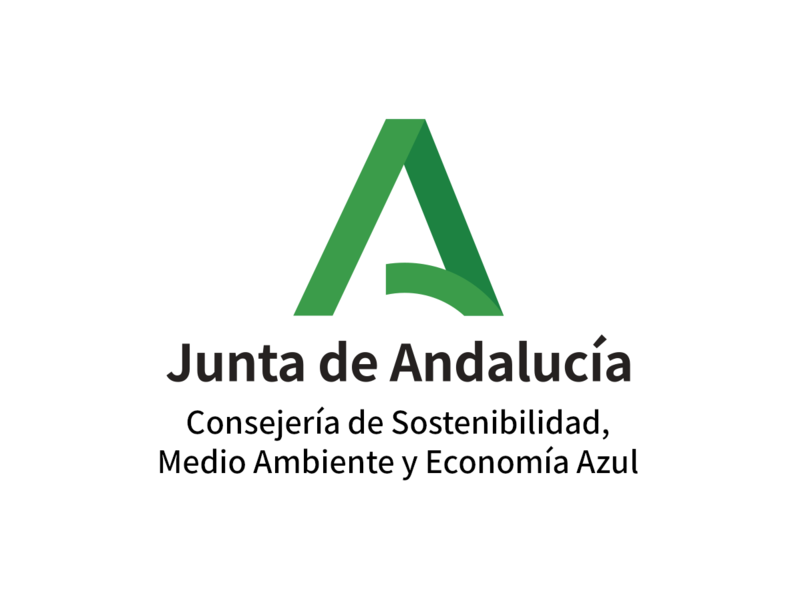
Nieuw Invoer- en Registratiesysteem voor Reizigers voor Accommodaties, inclusief Toeristische Woningen
21 septiembre, 2023
Hermippus redivivus
5 noviembre, 2023In the BOE number 257 of October 27, 2021, the Royal Decree 2021 of October 26 was published, establishing the obligations for documentary registration and information of natural or legal persons engaged in accommodation activities.
The main innovations are:
- The creation of a new unified platform for all of Spain, rendering the previous platforms non-operational.
- The information to be provided to the authorities has significantly increased and may not always be easy to obtain (see annexes). For example, all transaction details must be included, and if payment is made by credit card, the card type, number, and expiration date must be indicated, or IBAN details must be included in the case of bank transfer payments.
This new platform is called SES.HOSPEDAJES, and its mandatory implementation is scheduled, after several delays, from January 31, 2024.
Who is required to complete the entry forms, and up to what age must travelers be registered?
Article 4 defines all these matters:
- Operators of accommodation activities falling within the scope of this regulation will collect user data for the purpose of registration and necessary communication to comply with the legal obligations established by this royal decree.
- Entry forms for the use of accommodation services must be signed by all persons over the age of fourteen who use them, in accordance with the system and model established. In the case of persons under the age of fourteen, their data will be provided by the accompanying adult.
- The entry and registration forms will be provided by the accommodation, which is responsible for the accuracy of the information provided, ensuring it matches the documents or systems that prove the identity of the individuals, which must be shown or provided by the users of these services.
Be cautious when requesting a copy of the ID, as there is a Data Protection Agency ruling that states that only the original can be viewed to verify the data.
What should be done with the traveler entry forms? How long should the documents be retained?
Article 5 distinguishes between professional and non-professional parties to indicate that:
- Obligated parties must maintain an electronic register containing the data listed in annexes I and II, depending on the activity they undertake, including, if applicable, the data of persons under the age of fourteen.
- Obligated parties must register and retain the data of their users, as specified in annexes I and II, as collected in the course of their activity, in the terms determined.
- Data in the electronic register must be retained for a period of three years from the completion of the service or contracted provision.
- Parties providing accommodation services on a non-professional basis are exempt from the documentation and data retention obligations outlined in this article, and they are only subject to the communication obligations described in the following article.
When should the traveler entry forms be reported?
There has been a significant change, and they must be reported within 24 hours from the moment of booking and at the start of the services.
And what happens if the reservation is canceled?
All cancellations must be reported, which will result in a considerable increase in time spent, especially for real estate agencies.
When do I have to register on the platform?
This must be done within a maximum of 10 days from the moment you obtain all the permits and licenses for your activity. In the case of non-professionals, this is from the moment you register with the tourist or tourist accommodation register, depending on the terminology of each community.
All of this is regulated by Article 6, communication obligations, as follows:
- Prior to commencing the activity and following the established procedure, obligated parties must communicate to the competent authorities the data specified in items 1 and 2 of annex I or B, or item 1 of annex II, depending on the activity in question. A change in any of these data requires a new communication. (Below, we will list these annexes.)
- The obligations as described in the previous point must be fulfilled within ten days from completing the administrative procedures required in each case for the exercise of the activity, and in any case, before the effective exercise thereof.
- Additionally, obligated parties must immediately transmit data related to the exercise of their activity to the competent authorities, as specified in items 3 and 4 of annex I or B, or in items 2, 3, 4, and 5 of annex II, depending on the activity in question. This communication must take place immediately, and in any case, within 24 hours, respectively, from the following events:
a) When making the reservation or concluding the contract, or in case of cancellation.
b) At the beginning of the booked services.
4, The communications as described in this article will be carried out through electronic procedures. Parties providing accommodation services on a non-professional basis are exempt from the documentation and data retention obligations outlined in this article, and they may perform these actions according to the established procedures.
These are the annexes that indicate all the required information:
ANNEX I
Data to be provided in the exercise of accommodation activities
A) Data to be provided in the case of professional exercise of the activity.
- Data of the rental company
a) Name or corporate name of the owner.
b) CIF or NIF.
c) Municipality.
d) Province.
e) Landline and/or mobile phone.
f) Email address.
g) Company website.
h) URL to identify the advertisement.
2. Accommodation data
a) Type of accommodation.
b) Name.
c) Complete address.
d) Postal code.
e) Locality and province.
3. Traveler data
a) Name.
b) First surname.
c) Second surname.
d) Gender.
e) Identification document number.
f) Document support number.
g) Type of document (ID card, passport, residence permit).
h) Nationality.
i) Date of birth.
j) Place of habitual residence.
- Complete address.
- Locality.
- Country.
k) Landline phone.
l) Mobile phone.
m) Email address.
n) Number of travelers.
o) Relationship of kinship among travelers (in case one of them is a minor).
4. Transaction data
a) Contract data.
- Reference number.
- Date.
- Signatures.
b) Contract execution data.
- Date and time of check-in.
- Date and time of check-out.
c) Property data.
- Complete address.
- Number of rooms.
- Internet connection (yes/no).
d) Payment data.
- Type (cash, credit card, payment platform, bank transfer…).
- Identification of the payment method: card type and number, IBAN bank account, mobile payment solution, others.
- Name of the payer.
- Expiration date of the card.
- Payment date.
ANNEX II
Data to be provided in the case of non-professional exercise
- Data of the property owner
a) Name.
b) First surname.
c) Second surname.
d) Gender.
e) Identification document number.
f) Type of document (ID card, passport, residence permit).
g) Nationality.
h) Date of birth.
i) Landline and/or mobile phone.
j) Email address.
2. Property data
a) Complete address and postal code.
b) Locality.
c) Country.
d) Number of rooms.
e) Internet connection (yes/no).
3. Traveler data
a) Name.
b) First surname.
c) Second surname.
d) Gender.
e) Identification document number.
f) Type of document (ID card, passport, residence permit).
g) Nationality.
h) Date of birth.
i) Place of habitual residence.
- Complete address.
- Locality.
- Country.
j) Landline phone.
k) Mobile phone.
l) Email address.
m) Number of travelers.
n) Relationship of kinship among travelers (in case one of them is a minor).
4. Transaction data
a) Contract data.
- Reference number.
- Date.
- Signatures.
b) Contract execution data.
- Date and time of check-in.
- Date and time of check-out.
c) Payment data.
- Type (cash, credit card, payment platform, bank transfer…).
- Identification of the payment method: card type and number, IBAN bank account, mobile payment solution, others.
- Name of the payer.
- Expiration date of the card.
- Payment date.



